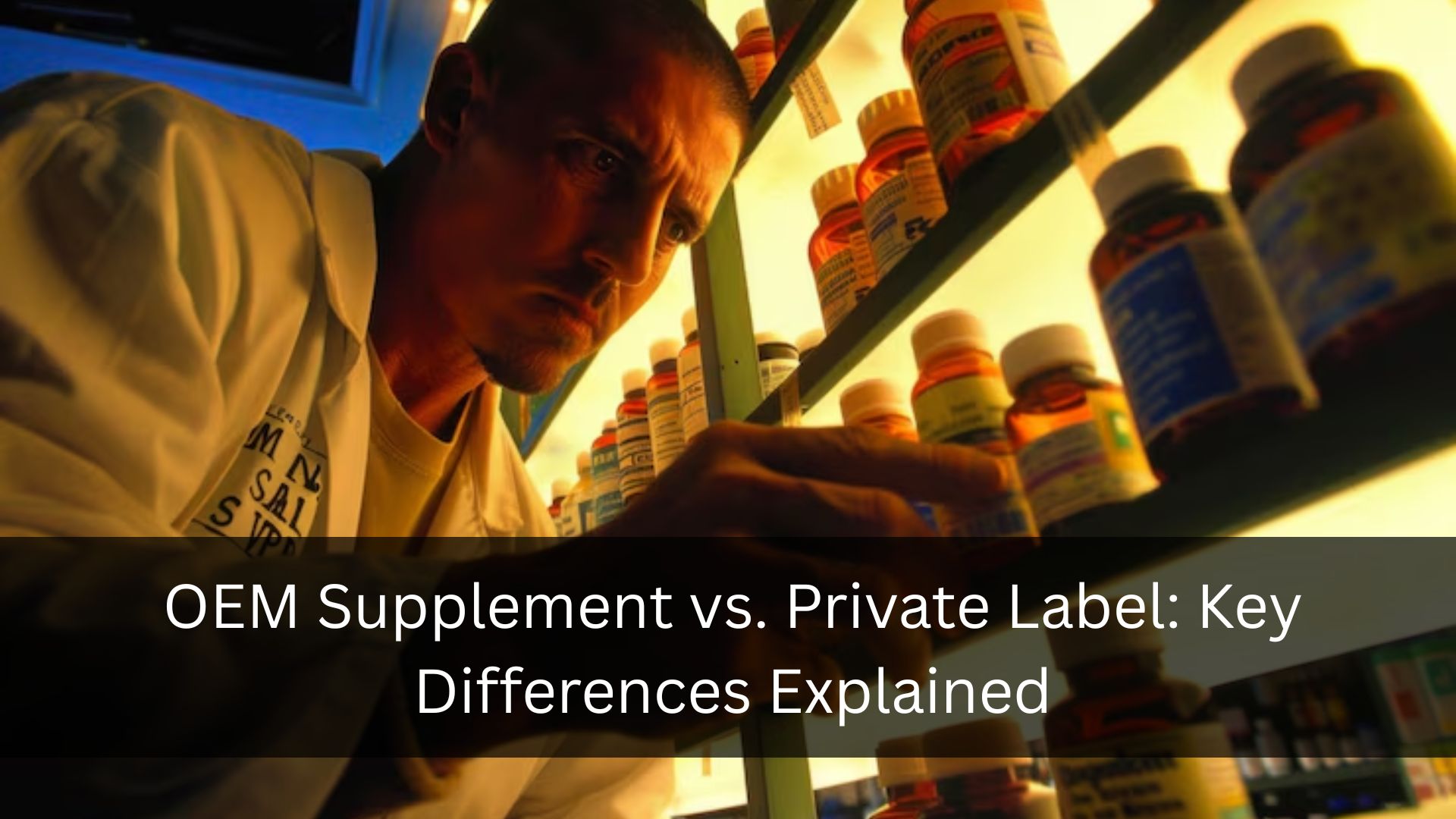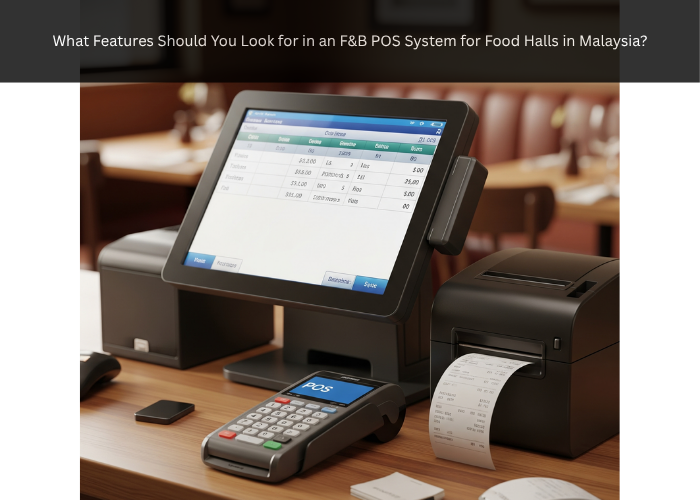What Is an OEM Supplement?
An OEM supplement refers to a product that is developed and manufactured by an Original Equipment Manufacturer based on custom specifications provided by the brand. OEM stands for “Original Equipment Manufacturer,” and in this context, it implies a high level of customization in both the formula and the packaging.
With an OEM approach, the brand typically provides input or requests:
- A unique blend of ingredients
- A custom dosage form (capsule, powder, liquid, etc.)
- Specific packaging design and label information
- Branding elements such as color, typography, and tone
- Functionality for a particular health benefit or target demographic
The OEM supplement manufacturer takes this input and uses its in-house R&D team, machinery, and supply chains to develop a product that is unique to the brand. This process may involve custom sourcing, formulation trials, stability testing, and full regulatory compliance.
What Is a Private Label Supplement?
In contrast, a private label supplement is a ready-made product that is already formulated, tested, and manufactured by a supplier. Brands can simply add their logo, product name, and design to the label—and start selling. No changes are made to the actual formula or production process.
Private label supplements typically include:
- Pre-determined ingredient profiles (e.g., collagen powder, vitamin C capsules)
- Standard packaging formats
- Fixed pricing structures
- Minimal development lead time
- Lower minimum order quantities (MOQs)
This model is favored by retailers, e-commerce sellers, and influencers who want to launch a supplement brand quickly and with minimal investment.
OEM Supplement vs. Private Label: Customization Differences
One of the most significant distinctions between the two models lies in the level of customization.
OEM Supplement Customization
With an OEM supplement, you can tailor nearly every aspect of the product:
- Unique ingredient combinations and dosages
- Custom flavoring and coloring
- Specific delivery formats (sublingual, effervescent, gummies, etc.)
- Packaging design, materials, and finishes
- Inclusion of branded ingredients with clinical backing
This flexibility allows you to create a supplement that aligns perfectly with your brand values, marketing claims, and customer needs.
Private Label Limitations
Private label supplements offer limited or no customization. You select a product from a catalog, apply your label, and sell it as is. While this speeds up time-to-market, it may also mean your product is identical to others sold by competing brands.
OEM Supplement vs. Private Label: Time to Market
Speed is a key factor when deciding between OEM and private label models.
OEM Supplement Timelines
Developing a fully customized OEM supplement takes more time. The process usually involves:
- Product consultation and development (2–6 weeks)
- Ingredient sourcing and lab testing (3–6 weeks)
- Production and quality control (4–8 weeks)
- Packaging and shipping (2–4 weeks)
From idea to shelf, an OEM supplement can take 3 to 6 months or more depending on complexity.
Private Label Timelines
With private label supplements, the timeline is significantly faster. Since the product already exists, the only customization is label design and approval. A brand can typically launch a private label supplement in 2 to 4 weeks.
OEM Supplement vs. Private Label: Cost Considerations
Budget plays a major role in product development decisions.
OEM Supplement Costs
OEM supplement manufacturing usually requires a larger investment upfront. Costs come from:
- R&D and formulation fees
- Custom packaging molds or designs
- Minimum order quantities (often higher than private label)
- Compliance documentation and testing
However, these investments can lead to a higher-margin product, especially if it’s positioned as premium or patented.
Private Label Costs
Private label supplements are more affordable for new businesses:
- Lower MOQs (often as low as 100–500 units)
- No R&D fees or formulation costs
- Standard packaging and materials
This makes private labeling an attractive entry point for testing product ideas before committing to full OEM development.
OEM Supplement vs. Private Label: Brand Differentiation
In a saturated market, brand identity and product uniqueness are essential for standing out.
OEM Supplement Differentiation
Since the formulation and packaging are fully customized, OEM supplements offer true product uniqueness. This allows brands to:
- Create signature formulas that competitors can’t replicate
- Develop storytelling around exclusive ingredients or health benefits
- Achieve better alignment with niche audiences or medical claims
OEM supplements can also be trademarked or patented, offering long-term brand protection.
Private Label Challenges
Because private label supplements are used by multiple brands, product differentiation is mainly visual—through packaging, design, or marketing. While you can still build a strong brand, it’s harder to claim innovation or exclusivity.
OEM Supplement vs. Private Label: Compliance and Quality Control
Both models must adhere to industry regulations, but OEM development allows for greater control.
OEM Supplement Compliance
OEM manufacturers often assist with:
- Regional compliance (FDA, EFSA, TGA, etc.)
- Halal, Kosher, Vegan, or Organic certification
- Full product documentation and testing
- Custom claims substantiation
This is ideal for brands expanding internationally or selling in highly regulated markets.
Private Label Compliance
Private label products are usually pre-approved and compliant, making it easy for first-time sellers. However, brands must trust the manufacturer’s quality control and may have limited access to in-depth testing data.
OEM Supplement vs. Private Label: Scalability and Growth
Your long-term business goals can guide which model is best.
OEM Supplement Scalability
If your vision includes global expansion, scientific innovation, and a premium reputation, OEM is the better choice. It allows for:
- Controlled scaling with consistent quality
- Product line expansion with R&D continuity
- Licensing or IP protection for core products
OEM supplement manufacturing supports long-term brand building and market leadership.
Private Label Scalability
Private label is ideal for quick scaling in terms of quantity or variety, but growth may be limited by:
- Lack of product uniqueness
- Inability to own formulations
- Dependence on a shared supplier catalog
Still, private label can be a great stepping stone to test markets before transitioning to OEM.
Which Is Right for You: OEM Supplement or Private Label?
The choice between an OEM supplement and a private label model depends on your business goals, resources, and brand strategy.
Choose OEM supplement if you:
- Want complete control over your formulation and brand identity
- Aim to build a long-term, innovative supplement line
- Have the budget and patience for a full development cycle
- Want to offer unique, premium, or clinical-grade products
Choose private label if you:
- Need to launch a product quickly and with minimal cost
- Want to test market interest before investing in custom R&D
- Are starting an e-commerce store or influencer brand
- Need to launch a product quickly and with minimal cost
- Prefer a low-risk approach to entering the supplement space
Conclusion: Strategic Use of OEM Supplement and Private Label Models
In the competitive and fast-paced health industry, both OEM supplement and private label models offer valuable paths to success. For entrepreneurs and businesses, the key is understanding your product vision, market positioning, and available resources.
Some brands even adopt a hybrid approach—starting with private label products to test demand, then transitioning to OEM supplements for future product lines with proprietary formulas.
Whether you’re looking to disrupt the supplement industry with a one-of-a-kind blend or launch a streamlined health brand fast, the right manufacturing model will serve as your foundation for growth, compliance, and customer trust.










